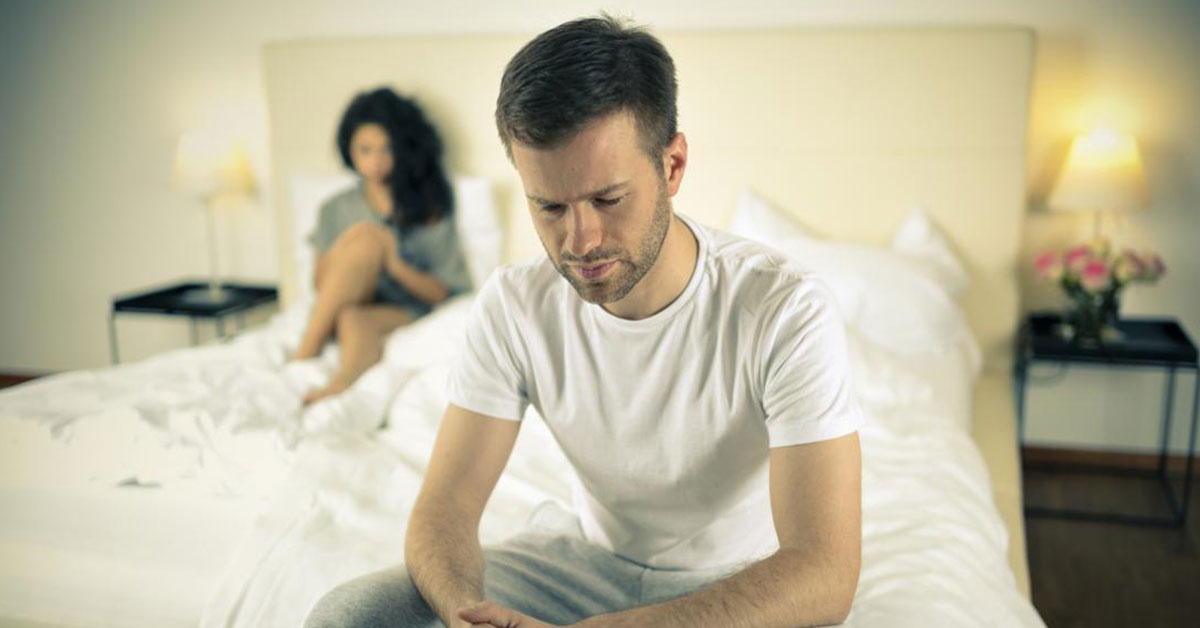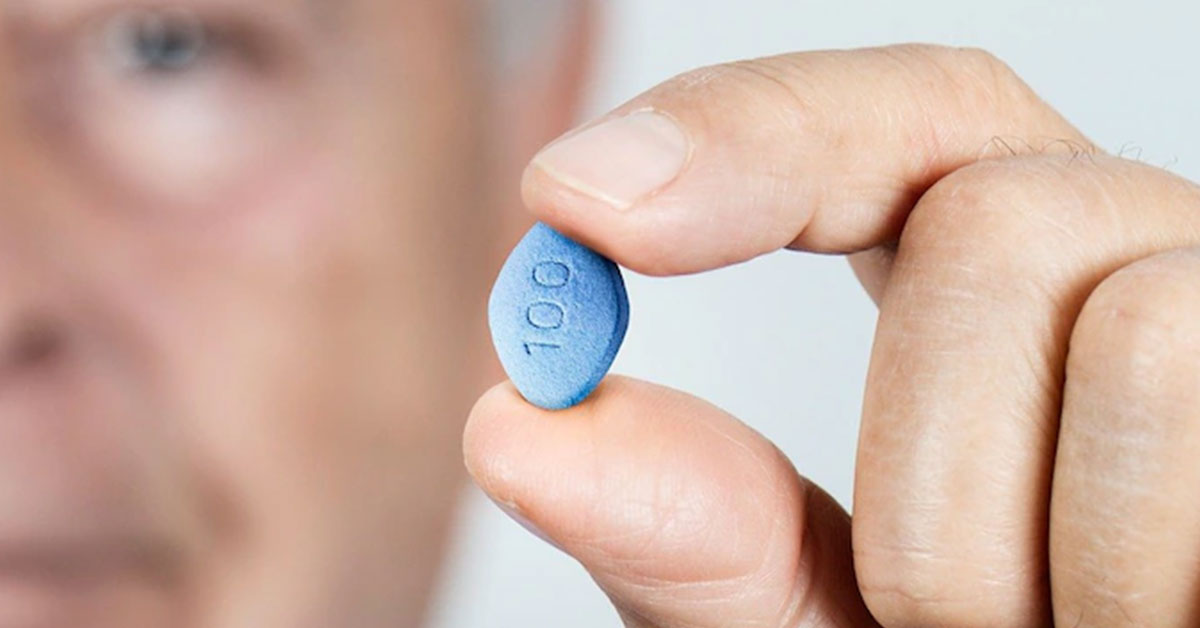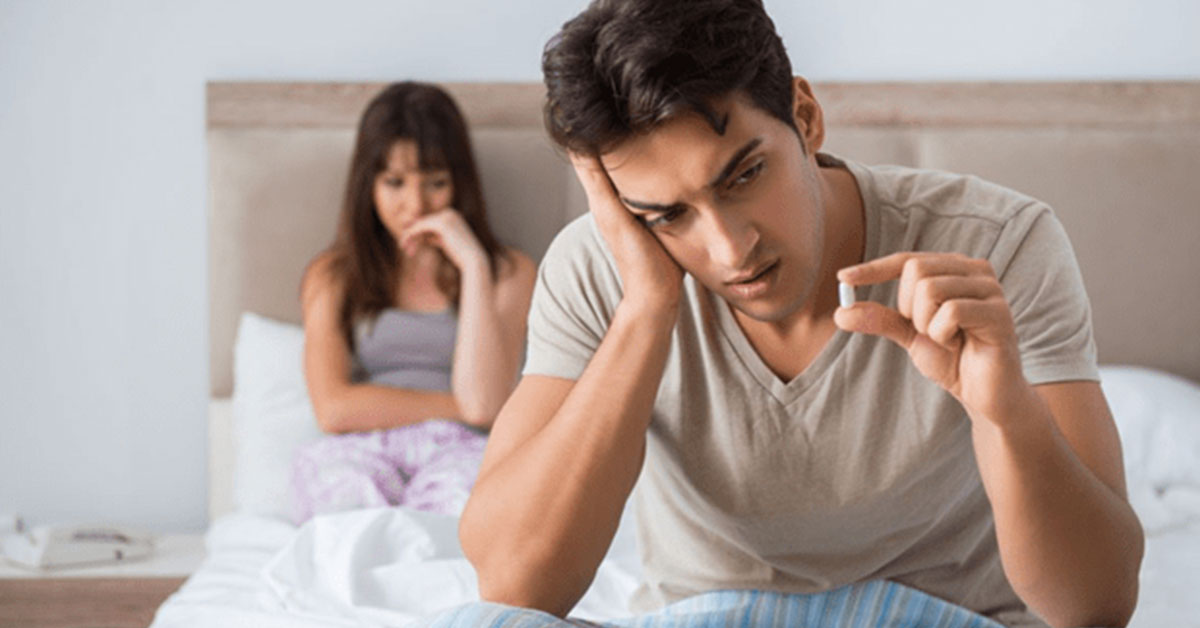A healthy sex drive is an important aspect of overall well-being and relationships. However, many women experience low libido, which can lead to frustration, confusion, and even emotional distress. Understanding the symptoms and causes of low sex drive in women is essential for addressing the issue and finding solutions. This article explores the common symptoms and underlying factors contributing to a decrease in libido among women.
What Is Low Sex Drive in Women?
Low sex drive, also known as hypoactive sexual desire disorder (HSDD), refers to a persistent lack of interest in sexual activity that causes distress or difficulty in relationships. It’s important to note that sexual desire varies widely between individuals, and a low sex drive is only considered problematic if it causes personal or relational concerns.
While occasional dips in libido are normal and can result from temporary factors like stress or fatigue, persistent low libido may indicate an underlying issue that needs attention.
Symptoms of Low Sex Drive in Women
Identifying the symptoms of low sex drive can help women understand their experiences and seek appropriate solutions. Common symptoms include:
1. Lack of Interest in Sexual Activity
A noticeable decline in interest in initiating or participating in sexual activities is often the first symptom of low libido.
2. Decreased Sexual Thoughts or Fantasies
Women with low sex drive may find themselves rarely, if ever, thinking about sex or experiencing sexual fantasies.
3. Reduced Physical Response to Sexual Stimuli
Low libido can manifest as a lack of arousal or excitement during sexual encounters, including difficulty achieving or maintaining physical readiness for intimacy.
4. Emotional Distress
The emotional toll of a low sex drive can include feelings of frustration, guilt, or inadequacy. In some cases, it may strain relationships and cause anxiety about intimacy.
5. Avoidance of Intimacy
Women with reduced sexual desire may start avoiding situations that could lead to intimacy, such as cuddling, kissing, or sharing a bed with their partner.
Causes of Low Sex Drive in Women
Low libido in women can stem from various factors, including physical, psychological, and relationship-related issues. Let’s take a closer look at the potential causes.
1. Hormonal Changes
Hormonal imbalances are a leading cause of low sex drive in women. Hormones like estrogen, progesterone, and testosterone play key roles in sexual desire.
- Menopause: During menopause, estrogen levels drop, which can reduce libido and cause vaginal dryness, making intimacy uncomfortable.
- Pregnancy and Postpartum: Hormonal fluctuations during and after pregnancy can lead to a temporary decline in sexual interest.
- Birth Control: Certain hormonal contraceptives may lower testosterone levels, which can impact sexual desire.
2. Medical Conditions
Underlying medical issues can significantly affect sexual health and desire. These include:
- Chronic Pain or Fatigue: Conditions like fibromyalgia, arthritis, or chronic fatigue syndrome can reduce energy levels and make sex less appealing.
- Thyroid Disorders: An underactive thyroid can cause hormonal imbalances that lead to low libido.
- Diabetes: Poorly managed diabetes can affect blood flow, leading to physical and emotional impacts on sexual desire.
3. Psychological Factors
Mental health plays a crucial role in sexual desire. Common psychological causes include:
- Stress: High stress levels can interfere with hormonal balance and suppress libido.
- Depression and Anxiety: These mental health conditions often lead to a decrease in sexual interest.
- Body Image Issues: Feeling self-conscious about one’s appearance can reduce confidence and sexual desire.
4. Relationship Challenges
Interpersonal dynamics with a partner can have a significant effect on sexual desire.
- Lack of Communication: Poor communication about intimacy can lead to misunderstandings and reduced interest in sex.
- Unresolved Conflicts: Tension or unresolved arguments can create emotional distance, lowering libido.
- Mismatched Sex Drives: Differences in sexual desire between partners may lead to frustration or pressure, which can further reduce libido.
5. Lifestyle Factors
Daily habits and lifestyle choices can also play a role in low sex drive:
- Poor Sleep: Lack of quality sleep can cause fatigue and reduce sexual interest.
- Unhealthy Diet: A diet lacking essential nutrients can negatively impact energy levels and hormonal balance.
- Substance Abuse: Excessive alcohol or drug use can dull sexual desire and arousal.
When to Seek Help
If low sex drive is causing emotional distress or affecting your relationships, it’s important to seek professional help. Start by talking to your doctor or a qualified therapist who specializes in sexual health. They can identify potential underlying causes and recommend appropriate treatments.
Treatment Options for Low Sex Drive in Women
There are various ways to address low libido, depending on its cause.
1. Hormonal Therapy
For women experiencing hormonal imbalances, options like estrogen replacement therapy or testosterone therapy may help restore sexual desire.
2. Counseling or Therapy
Speaking with a counselor or sex therapist can help address emotional or psychological factors contributing to low libido. Therapy can also help couples improve communication and intimacy.
3. Lifestyle Changes
Simple adjustments in lifestyle can have a big impact:
- Exercise: Regular physical activity boosts energy levels and improves mood.
- Healthy Diet: A balanced diet with plenty of fruits, vegetables, and whole grains supports overall health and libido.
- Stress Management: Practices like meditation, yoga, and deep breathing can help reduce stress and improve sexual desire.
4. Medications
In some cases, medications like flibanserin (Addyi) or bremelanotide (Vyleesi) may be prescribed to treat low libido in women.
Conclusion
Low sex drive in women is a common issue that can stem from a variety of causes, including hormonal changes, medical conditions, psychological factors, and relationship challenges. Recognizing the symptoms and understanding the underlying reasons are the first steps toward finding effective solutions.
If you’re experiencing a persistent lack of sexual desire, remember that help is available. By addressing the root causes and seeking appropriate treatment, it’s possible to reignite your libido and enhance your overall well-being. Always consult a healthcare professional to explore the best options for your situation.










